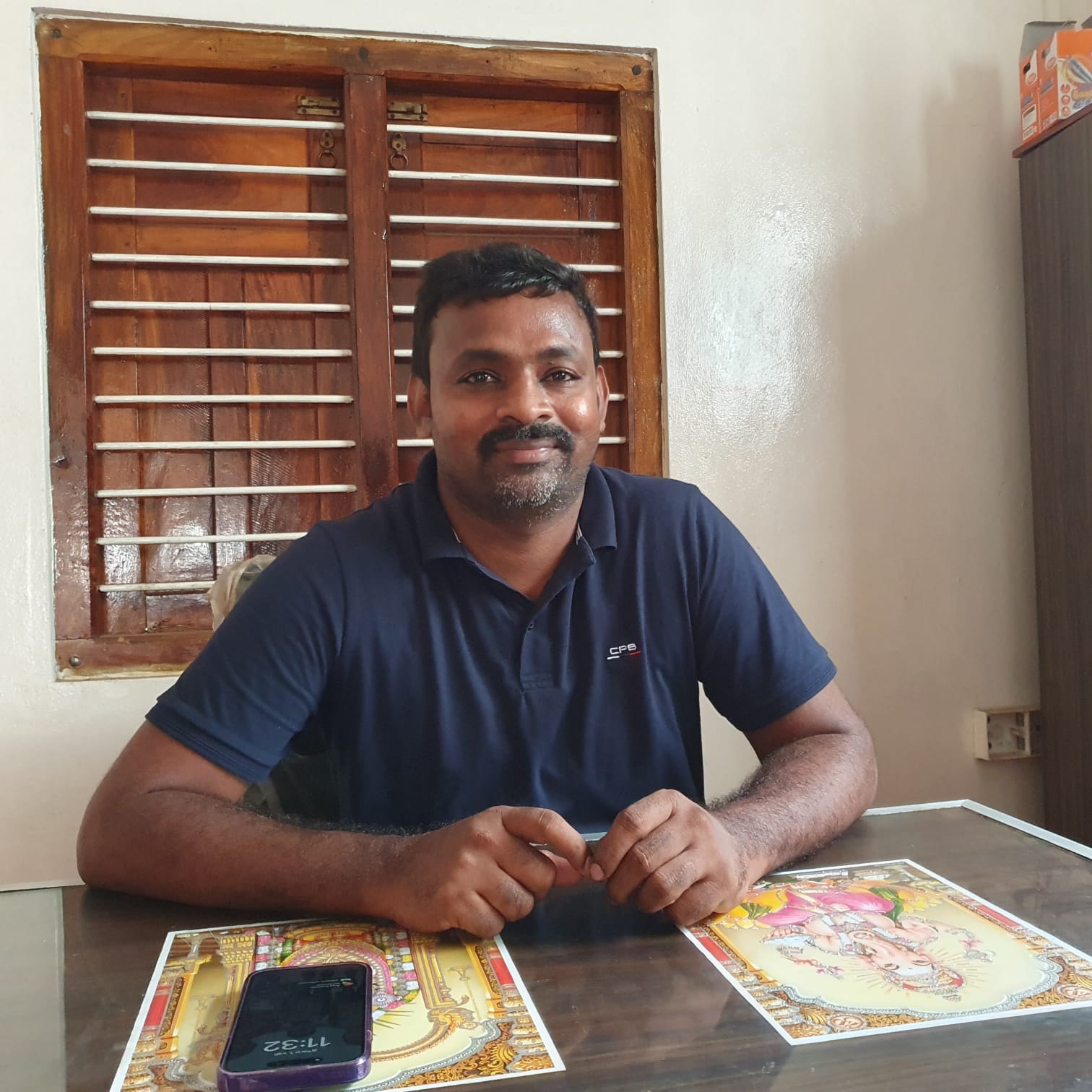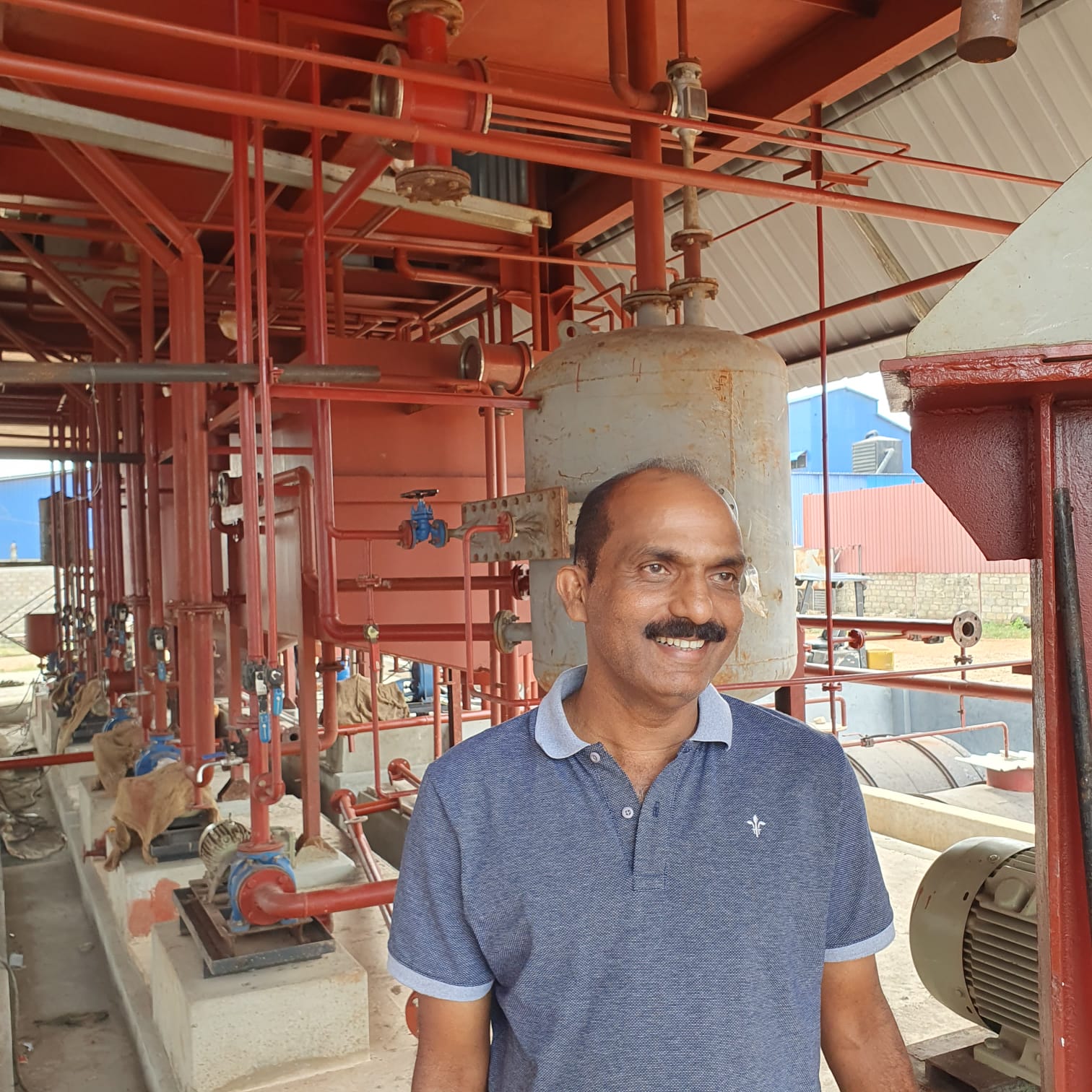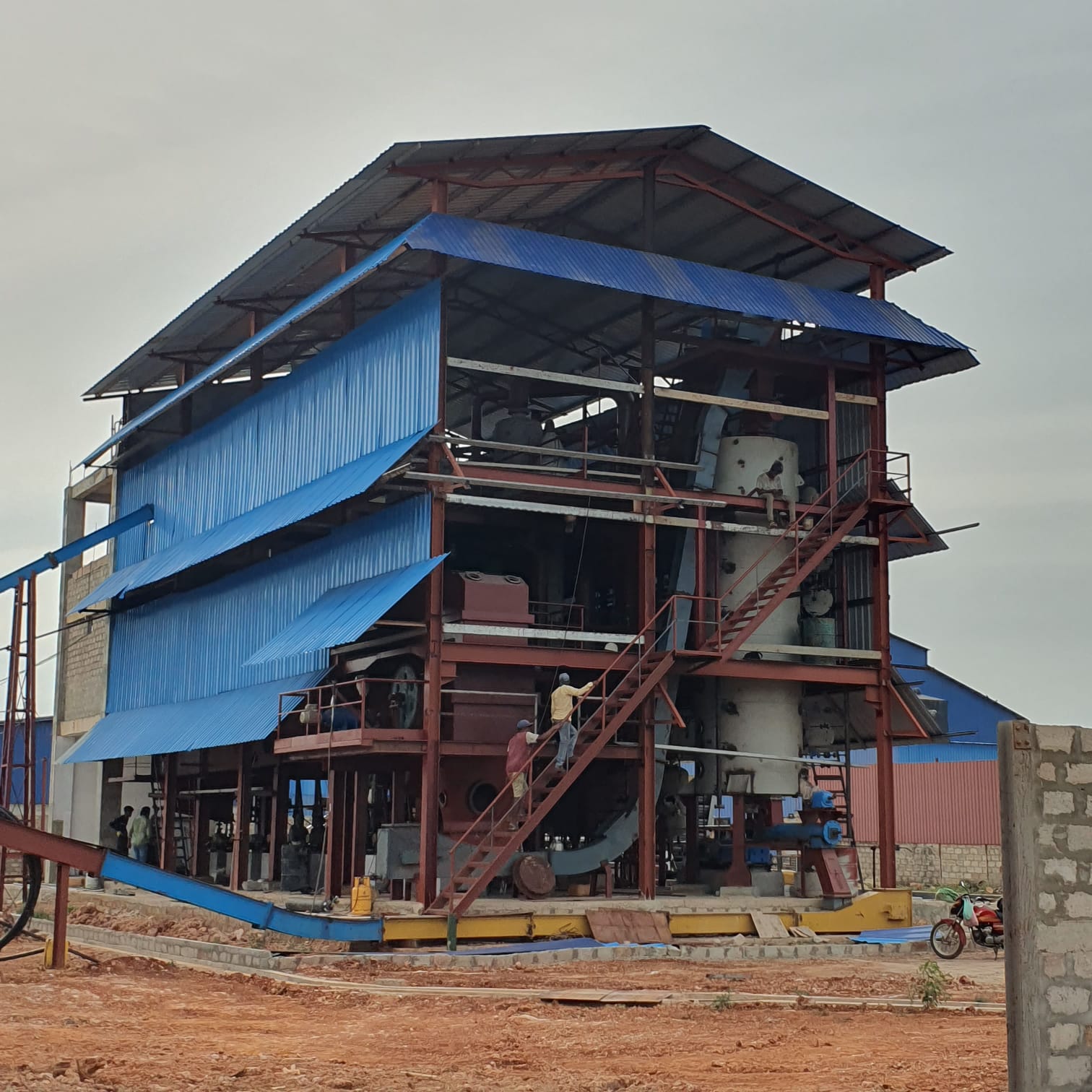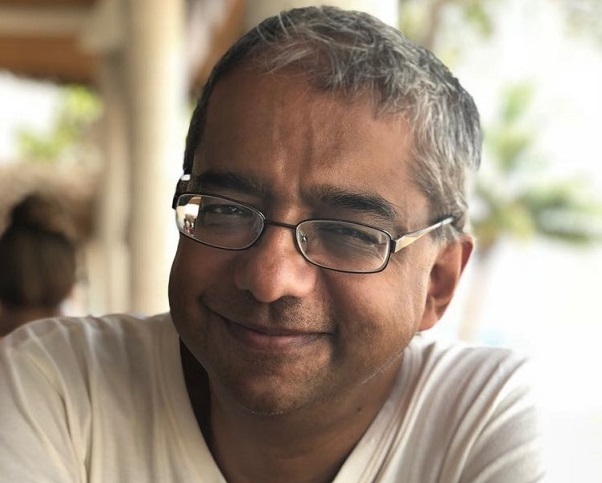By Jekhan Aruliah
K.Suganthon was only 21 when he setup his first business back in 2003. With the Sri Lanka Civil War simmering in an uneasy ultimately unsuccessful ceasefire (2002-2006), he opened an outlet in Colombo’s Pettah market. From Pettah, famous for its streets densely packed with shops and market stalls, Suganthon started trading edible oils. A good business he continues to this day. Sri Lanka has a huge demand for these oils: coconut oil; palm oil; sesame oil. Used for domestic cooking and commercial food production including bakeries, ice cream, margarine, etc. This is demand Sri Lanka can’t meet for itself. A report in the Sri Lanka FT, dated August 2023, says about palm oil alone “At present, local consumption stands at 264,000 metric tons, with only 20% produced domestically”.
Palm oil price is volatile, sometimes exceeding US$1,000 per tonne. US$264 million for palm oil alone (not all edible oils) is Rs85 billion at today’s (August 2023) also volatile exchange rate. To put this in perspective, the entire Sri Lanka University Grants Commission (UGC) budget allocation for 2023 is less than this: UGC 2023 allocation Rs60 billion recurrent (salaries etc) and only Rs6 billion capital (buildings, equipment etc).

One of the many crazy things in our country is though we import huge amounts of edible oils we export the raw material to make these oils. Sri Lanka and our farmers earn a pittance exporting raw materials, Sri Lanka pays through the nose in dollars to import back the processed product. We have seen from dairy to meat to onions and garlic, imports are wide open to corrupt practices. Reportedly making millionaires out of people who wouldn’t know a farm gate if they crashed into it, whose closest interaction with a cow is the milk in their tea. As we have seen in recent months, a war in Ukraine causing dislocation in the supply chain for grain put up the price of chicken feed. Resulting in the collapse of our poultry industry and the rocketing of egg and meat prices. A few companies in Sri Lanka, including Jaffna’s Royal Flour Mills, produce chicken feed but far too little to satisfy local demand. Selfish interests stunt self sufficiency and food security, draining our nation’s scarce dollars.
The simple maths, palm oil 80% imported, shows the great unfulfilled demand for making these oils ourselves. Illustrating the great dollar cost importing the same. Though crude palm oil is in short supply, not enough is grown in Sri Lanka, refining the same adds great value and reduces dollars draining out of the country. Suganthon, before the import bans following economic collapse in 2022, imported 500 tonnes a month of unrefined palm oil from Malaysia to be processed in Jaffna.
In 2016 Suganthon grasped this glaring opportunity with his company Venkadeshwara Agro Industries. He took on Mr K.Kulendran, Mr Jananayagam and Mr Jogalingam as a team to build a factory in Jaffna's Achchuveli Industrial Park. Kulendran, a graduate of Moratuwa University, has three decades of experience in the food processing industry mainly in the Western Province. With Suganthon’s entrepreneurial direction and investment Kulendran and his team designed and built the factory. This operates in Jaffna’s Achcheveli Industrial Zone. Kulendran built his career working for companies in the South. He is an accomplished man. Now (at the time of writing) 53 years old, married with 2 children at Colombo and Moratuwa Universities, the trilingual Kulendran decided to give his time to the North. I appreciated trilingual Kulendran’s English skills, being the communication link between bilingual Suganthon and monolingual me.

The factory was built in 2016 with some assistance from the World Bank. It extracts oils from raw materials that have already been squeezed of 80% of the oil by more traditional means. The primary pressing operations sell what is left of their raw material to Suganthon. Providing these first stage operations with useful income from what would otherwise be sold for peanuts as animal feed. The factory has 1,000 tonne storage capacity for unrefined oil, to be refined into the quality edible product. And has large storage for raw material in solid form (rice bran, already pressed coconut and sesame cake)
Now covering 60,000 square feet with 200kVA solar panels, this first factory produces 25 tonnes of refined edible oil per day, employing 75 people.
Suganthon is already close to completing a second factory, which will use the “solvent extraction” process. This extracts Rice Bran Oil from rice bran, a byproduct of processing paddy into rice, which is plentiful in Sri Lanka. An article by the Institute of Policy Studies, dated 2021 before the government’s calamitous decision to ban chemical fertilizers in 2022, Sri Lanka produced between 4 million and 5 million tonnes of paddy a year. Sufficient to produce about 80,000 tonnes of Rice Bran Oil (by weight from paddy 8% is rice bran, from rice bran 20% oil). The Rice Bran is not the paddy husk, but the layer between husk and grain separated out during the milling process. Rice Bran oil is good for deep frying, sauteing, baking, salad dressing, and apparently for health too. A fine product made entirely from locally grown “waste” materials. With minor adjustments the Solvent Extraction process can also process soya beans, sunflower seed, and many other oil yielding seeds and cakes.
This will be the first solvent extraction factory in the North, one of only four in Sri Lanka Suganthon tells me. For 9 months of the year Venkat will buy rice bran from the busy rice mills when the price is low, and has enough storage capacity for the other 3 months. The factory can produce nearly 20 tonnes of Rice Bran Oil per day, and 80 tonnes of de-oiled rice bran fit for animal feed. Suganthon tells me he runs on a 60 day cycle, from buying the bran to selling the product. Using only local rice bran, the plant is insulated from dollar exchange rate fluctuations.
Suganthon’s business works in an aggressive environment. This is a story I have heard many times in the farm and fishery sectors. In the whole of Sri Lanka not just the North. Whether mango, onion, crab and many other goods and also services. Powerful purchasers, often the large national companies, are said to come to a region offering high prices to the producers. Farmers & fishermen with their own chronic cashflow issues are quick to sell to these new entrants for a few rupees more, abandoning the local processors. This pushes the small local processors out of business. With the local competition choked, the large companies reportedly drop the prices offered close to or even below the producer cost. Leaving the farmers and fishermen little to invest in their businesses, their families, or themselves.

Running a factory is an expensive business. High capital requirements, high volumes, high revenue. Competition from imported product keeps margins modest. Though high volumes with low margins provide decent profits. Nonetheless growing businesses like this are in a constant search for funds from banks and investors. Particularly in these tough economic times.
With Sri Lanka facing multiple crises, dollar crisis and food security crisis and wholesale economic crisis, local processors are one of the keys to national recovery. All at a time when funding for businesses of all sizes has become extremely difficult to obtain, with financial institutions’ low risk appetite. And extremely difficult to service, with high and volatile interest rates. Very many people talk about our country becoming more self sufficient, very few actually do something about it.
You can contact K. Suganthon at venkadeswaraagroindustry12@gmail.com
( — The writer Jekhan Aruliah was born in Sri Lanka and moved with his family to the UK when he was two years of age. Brought up in London, he graduated from Cambridge University in 1986 with a degree in Natural Sciences. Jekhan then spent over two decades in the IT industry, for half of which he was managing offshore software development for British companies in Colombo and in Gurgaon (India). In 2015 Jekhan decided to move to Jaffna where he is now involved in social and economic projects. He can be contacted at jekhanaruliah@gmail.com — )

